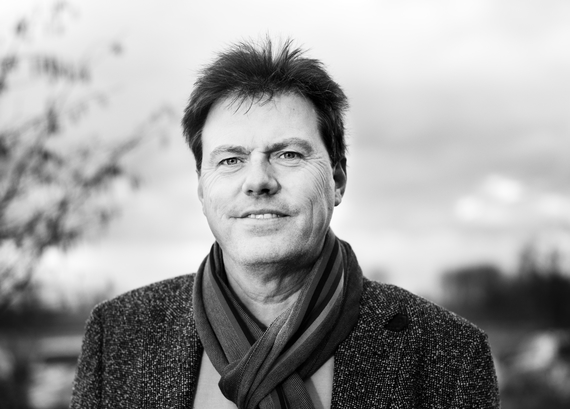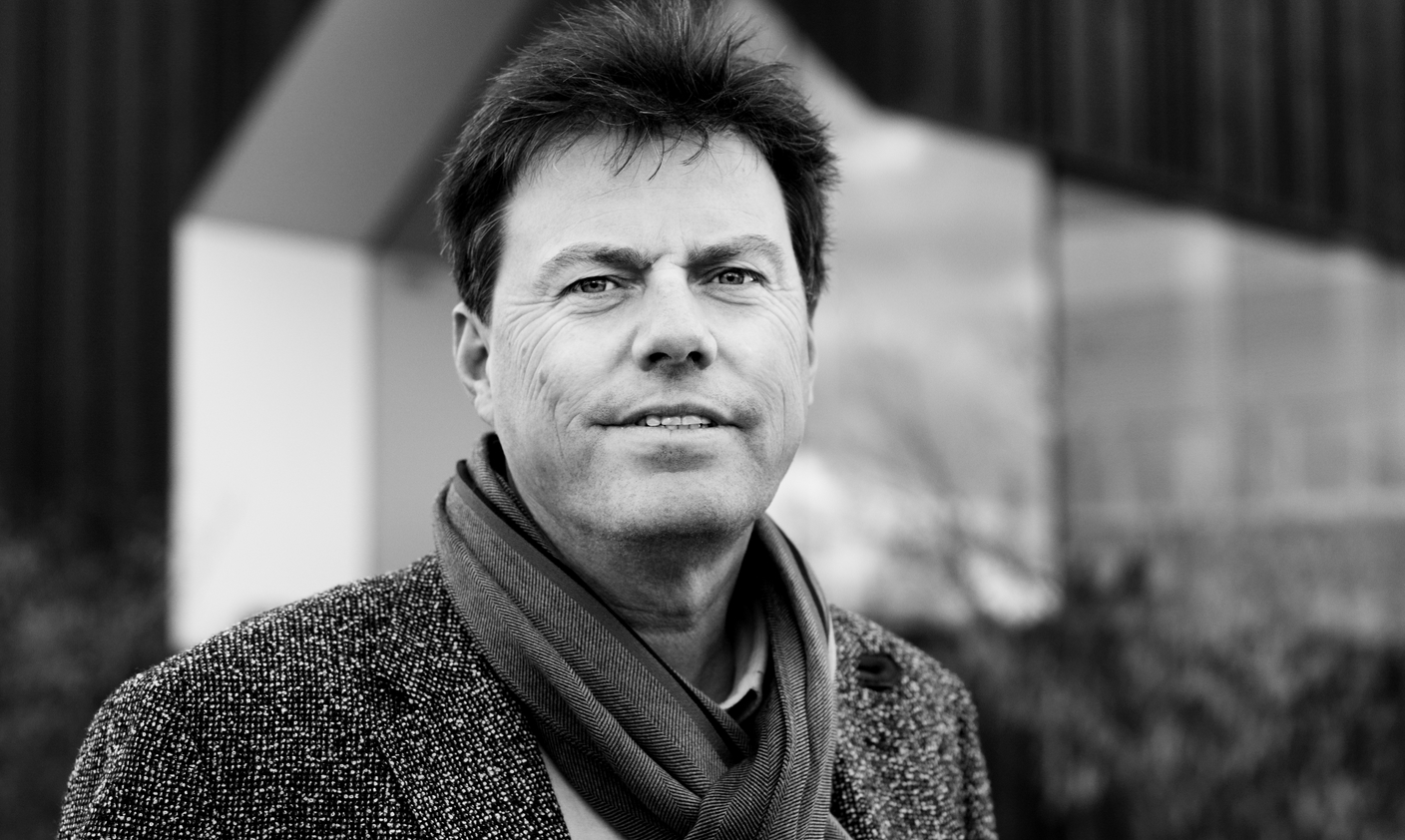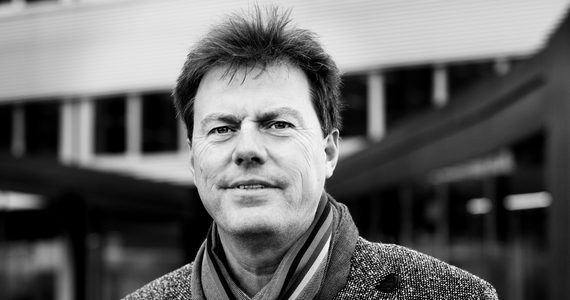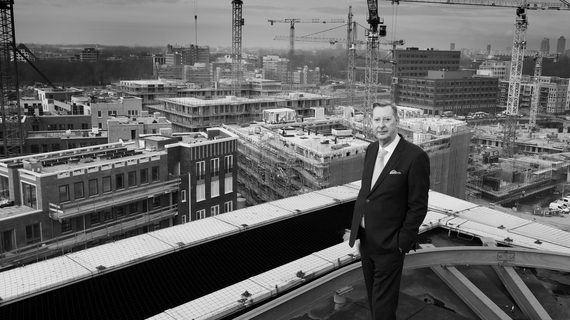
“With collaboration and determination your can achieve almost anything”
Connection. Decisiveness. These are two terms that, according to Joost Callens, CEO of construction company Durabrik, express the essence of entrepreneurship. Two terms that are pre-eminently about human action. ‘Figures are important, of course, but by focusing on personal development and group dynamics, the results will improve.’
Construction starts with people.
In the harsh world of builders and contractors, Callens talks about involvement, being able to be yourself, security, even about love: ‘Construction starts with people. Employees, customers, contractors, relationships. Together you create an upward spiral: if you are willing to discover who you are and how you integrate into a group, you are optimally involved in what you do. First look inwards, so you are better prepared to deal with what's outside. The company will benefit, your market approach will be stronger, and cooperation will improve. This not only results in satisfied customers, but it will turn them into ambassadors. It is like a kind of flywheel that once started, runs continuously.’

A smart home must be sustainable in terms of energy and material use, and must integrate into a smart neighbourhood, in the sense of diversity, mobility and participation.
Construction team: running like clockwork
The sector needs to work more towards putting the focus on people. It may sound like a marketing cliché, but for Callens it's a conviction: ‘People who are comfortable with themselves at work, find it much easier to identify with customers. It is crucial that all parties on the construction site become like smoothly running cogwheels. This represents a daily challenge. We have a person working for us with just one task: to liaise with the subcontractors. Not about the price or the planning, but with the aim of ensuring that our vision and working methods are shared. Above all, it’s a matter of listening. This may result in extra costs for us, but it yields a lot of profit in terms of understanding, trust, energy and decisiveness.’
Smart home, smart neighbourhood
This vision and working method emphasises togetherness, not growth. Because, in Callens' experience, once the ‘flywheel’ of collaboration is in motion, growth follows. Naturally, issues such as sustainability and corporate social responsibility are high on his agenda: ‘Sustainability has various layers. A smart home must be sustainable in terms of energy and material use, and must integrate into a smart neighbourhood, in the sense of diversity, mobility and participation. And sustainability has to do with well-being. It would be ideal to build a house in such a way that people can continue to feel at home depending on their stage of life - living alone, with children, or as a live-in grandparent.’
Carefree living
‘The emergence of the sharing economy influences our way of living’, says Callens. ‘For example, sustainable energy generation can be shared, not every house needs a garden with a shed and a lawnmower. Also, in new-build projects we now don't always split the gardens up, and we deliver projects with solar panels on all roofs as standard. On the other hand, I understand that people want their home to be private. The existing housing structure will not change for the time being. What you see more and more often is that customers want to live free of all the burdens that come with it. My ideal is that people pay a fixed amount per month, and that we manage everything connected with the living environment: the engineering, the financing, maintenance, you name it. Then, we can track all material and energy flows and achieve optimal durability, which will allow residents to live in a carefree residental environment.’



